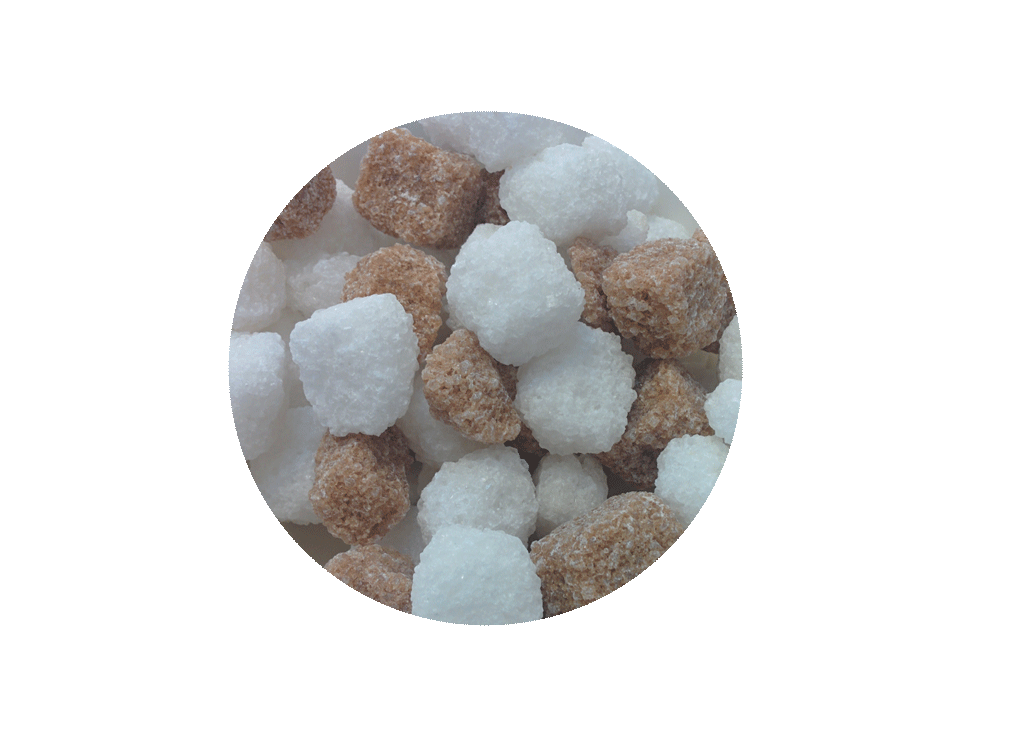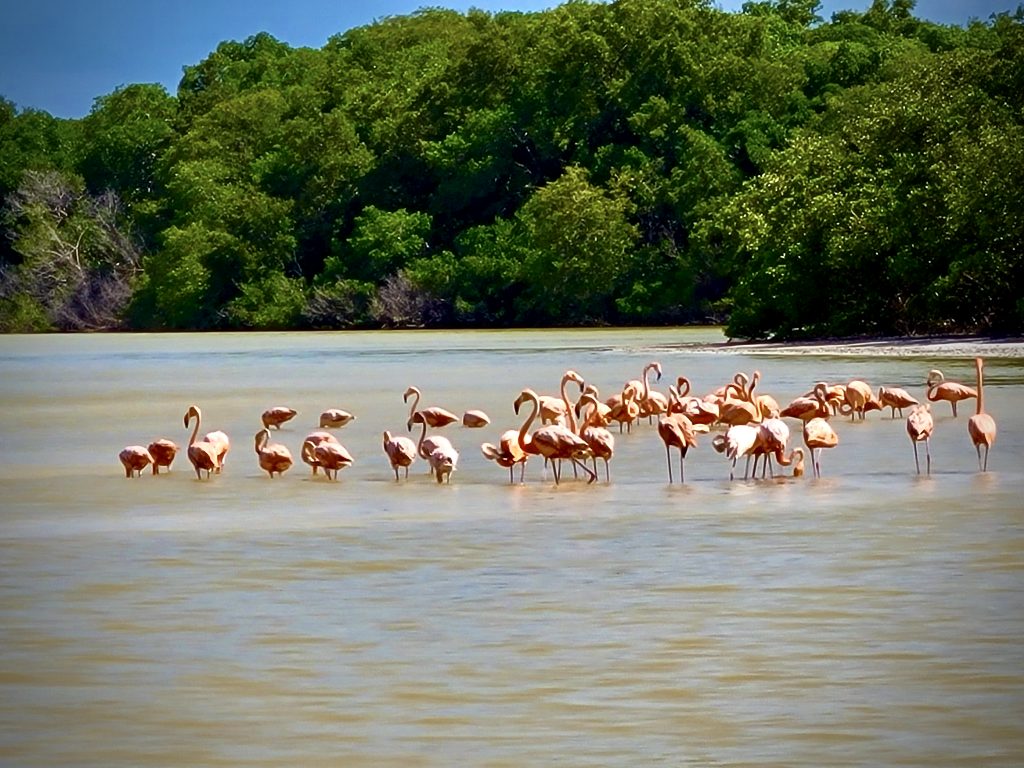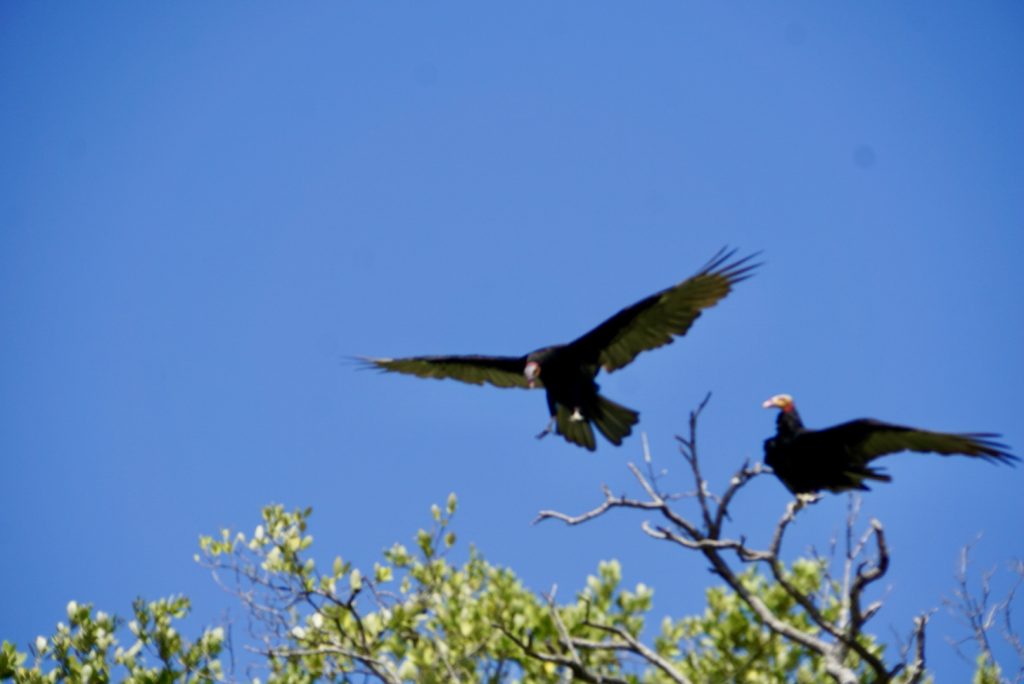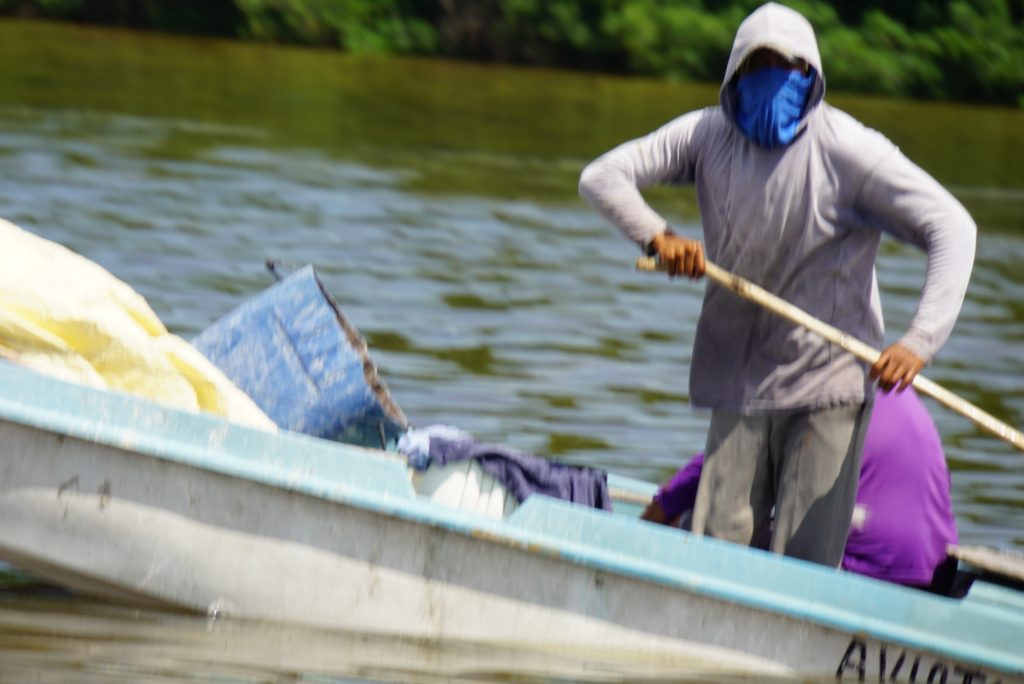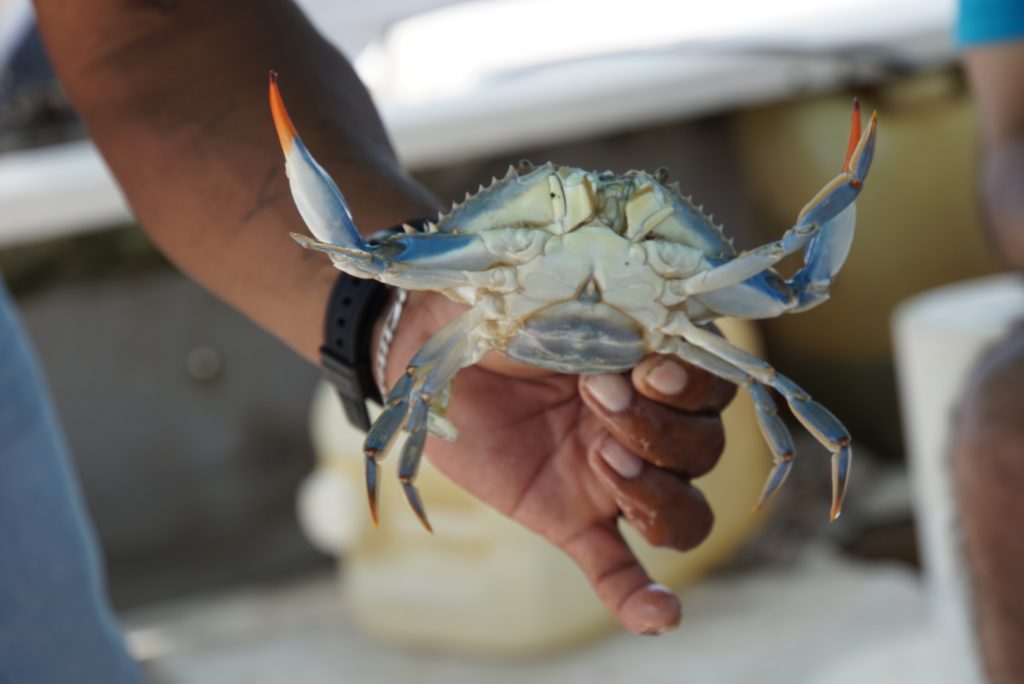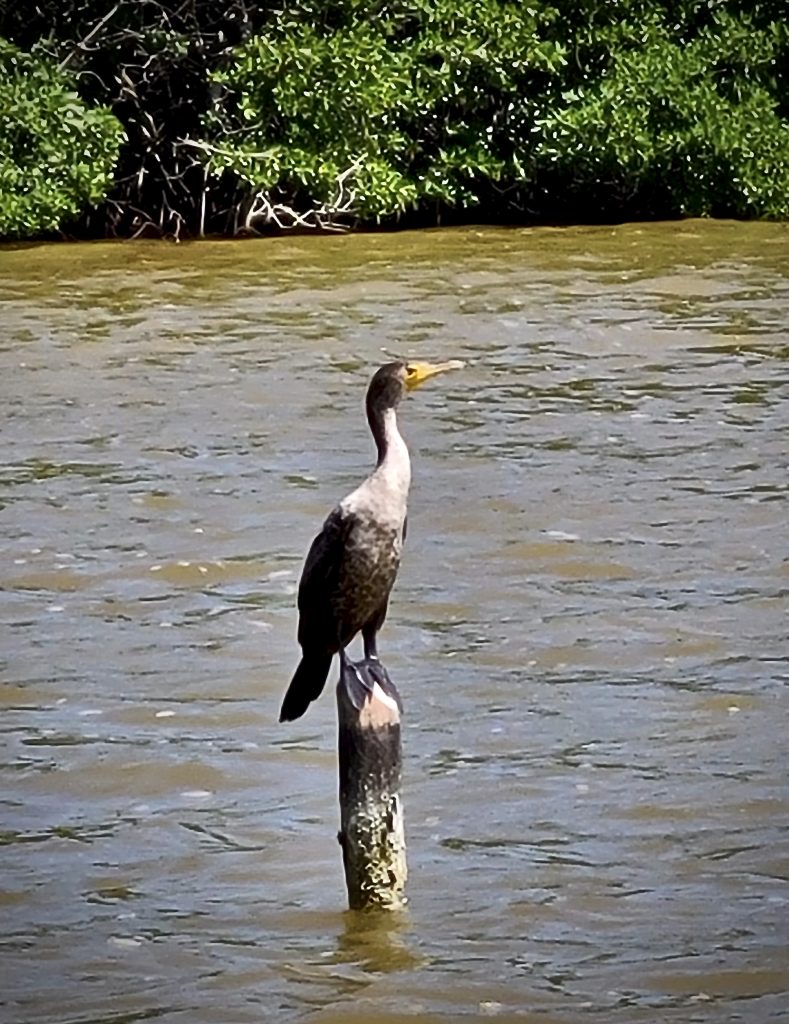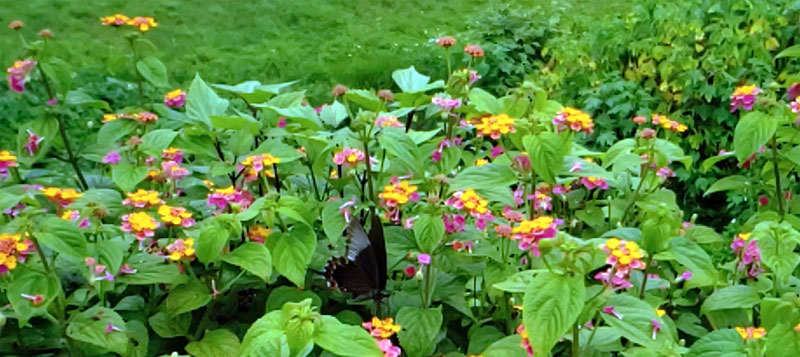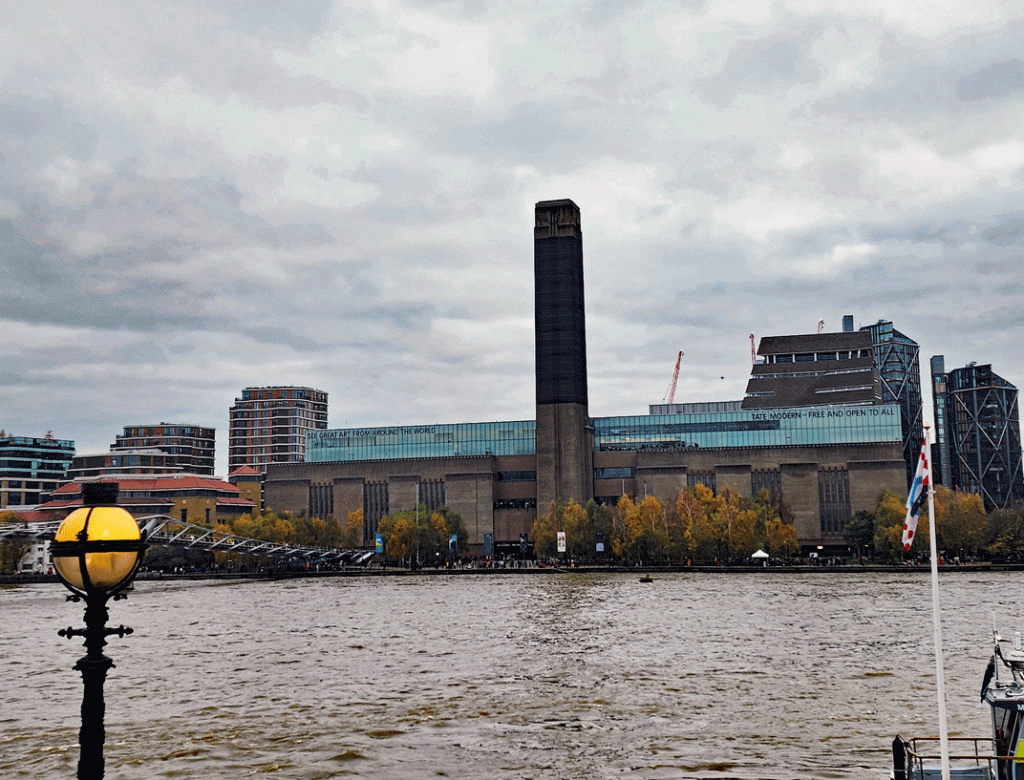
Henry Tate was born on March 11, 1819, In Chorley UK. He died in Streatham, London on December 5 1899 at 80 years old.
Tate donated frequently and generously to various causes. Often the donations were made anonymously and to causes that were not in the mainstream of society.
He refused a title from the Crown on more than one occasion. When he again was offered one in 1898, he was told that the Crown would take offense if he refused again. He accepted and was made a First Baronet, Sir Henry Tate, on June 27 1898.

He left a grand fortune that essentially came from the sugar cube patent that he acquired from the man who refined the process and began producing sugar cubes in 1875, Eugen Langen.
The person credited with inventing the sugar cube was the Swiss born Austrian physician Jakub Kryštof Rad; March 25 1799 – October 13 1871. He had a five year patent on a machine that pressed sugar into cubes, the product was called Tea Sugar. The company was not successful and eventually went bankrupt.
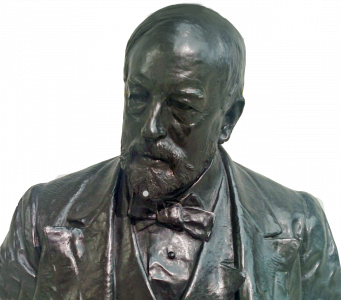
The above mentioned German Entrepeneur, Engineer and Inventor Eugene Langen in 1857 while working at his fathers sugar refinery after having received technical training at the Polytechnic Institute in Karlsruhe, he invented a new method for pressing sugar into cubes which he patented. In 1870 he founded Pfeifer & Langen in Colone Germany, a family owned food company, still in existence.. In 1872 Eugene Langen sold the patented process for making the sugar cubes to Sir Henry Tate of Britain. The fortune and Art of Sir Henry Tate was the foundation for the Tate museums.
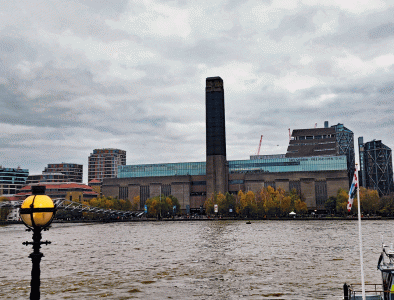
Tate Modern is housed in the old Bankside Power Station. The original power station was built between 1947 and 1963, designed by Architect Sir Giles Gilbert Scott. It was redesigned by Swiss architects Herzog & de Meuron for use by Tate Modern. The museum opened in 2000.
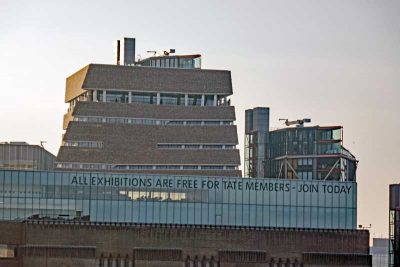
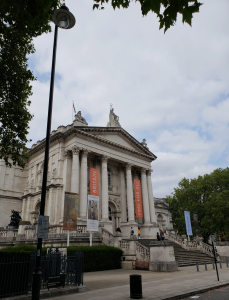
Tate Britain in London is also a part of the Tate museums.
Apart from the museums in London, there is also Tate Liverpool, and Tate St Ives who are part the Tate family of art museums.

